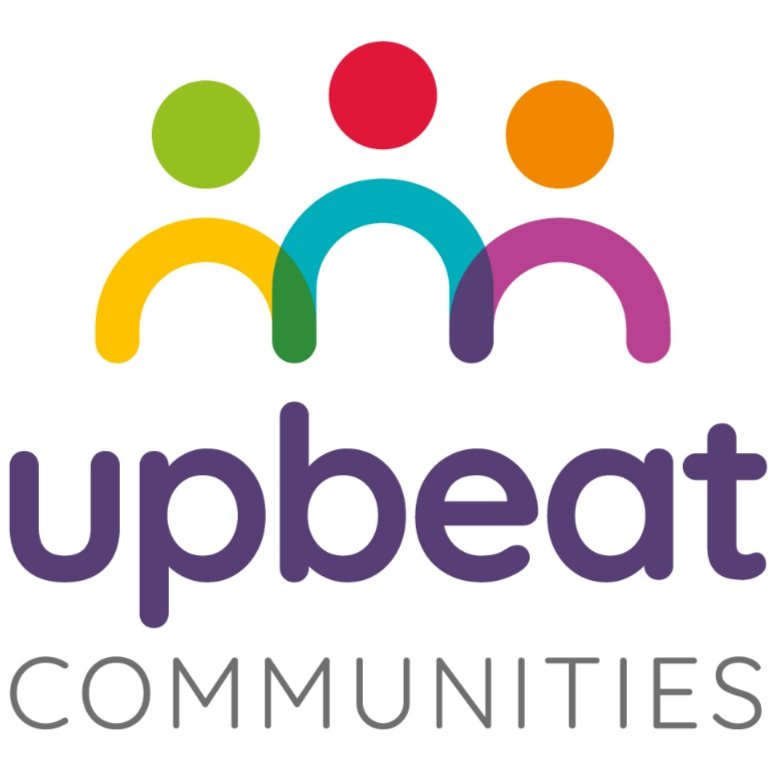Surviving as a 'Living Ghost'
Have you ever wondered what happens to those people seeking asylum who are refused and have to leave their Home Office accommodation?
For most, they are faced with two options; do as the Home Office states and make their own plans to leave the UK, or quietly move from their accommodation and disappear, relying on the kindness of friends and community members to support them, whilst they work out what to do next. I can tell you what most people choose.
Think about it, no one travels thousands of miles in search of safety and protection, waits years for an asylum decision, only to turn around and say “okay, you don’t believe me, I’ll go back then”.
Individuals are stuck between a rock and a hard place. For most, going back is no option, and surviving as a ‘living ghost’ (a phrase coined to describe the situation destitute asylum seekers find themselves in) is not much better. Those refused asylum have no right to work legally, no access to benefits, no accommodation or healthcare other than emergency treatment (which they could in theory be billed for!), and end up invisible to most of society. A report by The British Red Cross sums their situation up well: “not gone, but forgotten”.
BBC report on destitution in Leeds
So, what’s the solution?
One of the types of support developed to help people stuck in this limbo is volunteer hosting. Around the UK, various projects exist to match those who are destitute with local families and individuals who are willing to offer a room in their home. This support can be from a few nights, up to a few months, depending on the circumstances and preferences of the hosts. Every hosting scheme is slightly different in how it is run, but the premise is the same, providing a place of stability and support for vulnerable people, so they can decide on their next steps.
Evidence from various hosting projects indicates that when individuals don’t have to worry about where they are going to sleep that night, or what they will eat tomorrow, they have the headspace to think rationally and clearly about what they need to do next. If you’ve heard of Maslow’s hierarchy of needs this will make sense. Evidence also shows that many of those supported through hosting schemes go on to be granted refugee status, whether that’s from obtaining fresh evidence, or having their case considered by a more compassionate home officer case worker or immigration judge.
There are also other, perhaps unexpected, benefits. These are the benefits experienced by the host volunteers. Opening up your home to a stranger sounds like a very daunting prospect to most, yet this expression of hospitality can be incredibly rewarding. In fact, the original Greek definition of hospitality (Xenia) has nothing to do with food, it means to welcome the stranger. I’ve heard story after story of people's lives that have been changed for the better through hosting, and I’m one of those people too: my life was impacted through my parents hosting a young Kurdish asylum seeker in their home for almost two years.
If you want to find out more about the hosting scheme we’re running in Derby, or have already decided that hosting is for you, then visit www.upbeatcommunities.org/hostderby or email us at hosting@upbeatcommunities.org.
I hope that you too get to experience the joy that comes from real Greek hospitality!
Andrew – Development Manager

